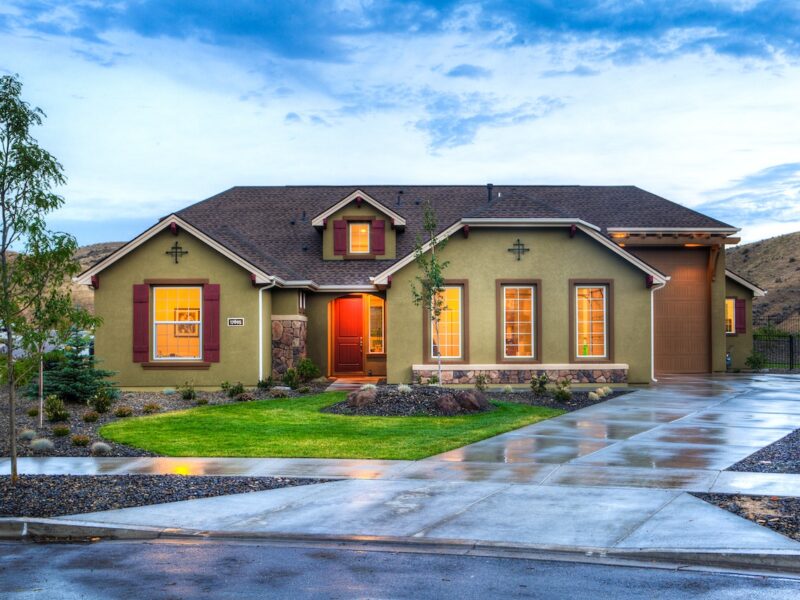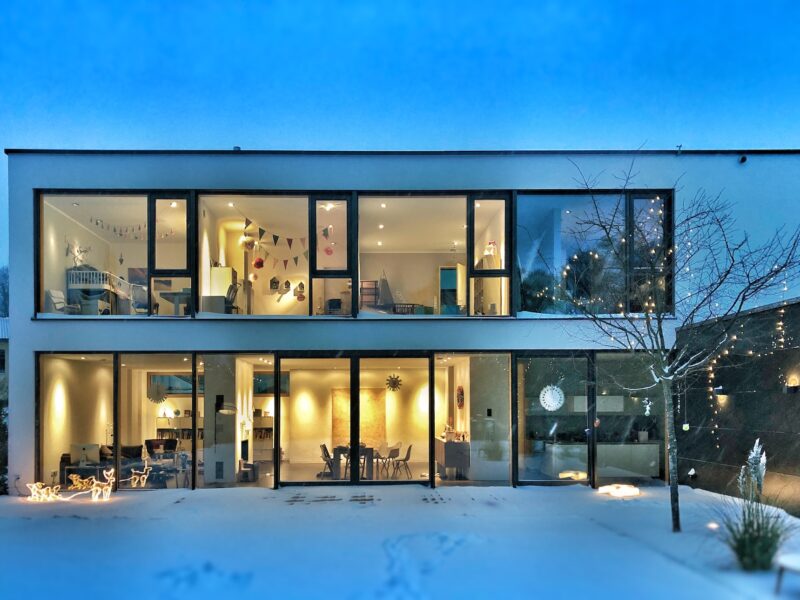Assistive technologies keep evolving and gaining popularity worldwide. They have an incredible potential to improve self-care and the total level of life quality and comfort, as well as make us more independent and free to spend our time the way we want. Smart homes can become a real savior for the aging population thanks to their power to help us with everyday things. Today, the creators of a popular Asian dating website (experts who deal with many advanced couples every day) explore how smart homes evolve in Asia and how they are getting more welcomed by new families and couples.
Are smart homes popular among Asian families?
According to the survey published by ResearchGate, for now, Asian people are less familiar with the concept of smart homes than the population of Europe, America, and Australia (43% against the average 55%). However, their market shows great potential and is forecast to grow steadily in the near future. In particular, very high expectations are linked to the development of personal caretaker AI. These technologies can even help to improve sleep patterns, help you regulate breathing, and make your sleeping patterns more effective. And more and more Asian couples are starting to use smart home technologies in their lives to save their time on more important things than household chores.
What is the state of the smart home market in China?
According to Statista, the smart home market in China should reach US$23.63bn in 2022 and US$42.60bn by 2026. The estimated percentage of households using smart technologies is forecast to reach 17% in 2022. By this indicator, China is the leader among other Asian countries and the second one in the world after the USA.
Popular smart home companies include Baidu, Xiaomi, Alibaba, Haier, SmartThings, Philips Hue, Belkin Wemo, Wulian, Tuya, and others. Moreover, there is an evident trend that many young Asian couples prefer to choose a particular provider of kits and stick to it. It is explained by the policy of smart technology provides. As an example, let’s take Xiaomi.
The growing popularity of Xiaomi is explained by their low prices policy and the total connectivity of their devices. Xiaomi is buying stakes in manufacturing companies making wearable gadgets, cables, kitchen appliances, and more. Together with partner companies, Xiaomi creates an ecosystem or a home-kit platform. Devices complement each other and don’t work with other devices, so buying something outside the ecosystem becomes useless.
One big concern that people have about smart homes in China is connected to privacy. Mass media raised the topic of privacy after Amazon released the indoor drone. However, in China surveillance is more of a collaboration between private companies and the government and hence Xiaomi and similar companies remain beyond suspicion. Even the latest Personal Information Protection Law in China has no entries about smart home kits. So, unfortunately, the question remains open. Though smart homes can be prone to sensitive data leakage, it’s impossible to prevent them from collecting this data. In the end, your smart home needs to know what you eat and do to assist you well.

What do Japanese couples think about smart homes?
Japan is one of the leaders among Asian countries when it comes to adopting new technologies. Health and wellness gadgets are becoming extremely popular there. The Aging population is very advanced and wants to take care of their health in a smart way. Wellness devices give them a chance to have a quality and independent life despite their age.
In total, the Japanese smart home market is forecast to reach US$ 13 Bn by 2027. In addition, Japan is the home of many powerful tech companies, such as Panasonic, Sony, iTSCOM, Secual Inc, and Connected Design Inc.
For now, about 13% of homes use smart home technologies in Japan. The future growth of technology will be also explained by the governmental support and elaboration of standards and protocols for the industry. In addition, Covid restrictions made people spend more time at home and increase their desire to simplify household chores, that is why smart homes got one more impulse for development.
The Japanese PanaHome Corporation started a truly ambitious project to build the first zero-energy city. The city should produce more energy than it consumes. Every house uses renewable energy on-site. Though there are still many constraints to overcome, these houses can become the breakthrough in everyday usage of sustainable technology.
What about other Asian countries?
Taiwan, South Korea, and Singapore are also investing in high data connectivity. Singapore is investing in projects that can contribute to the digital revolution and improve the city’s technological capabilities. As a successful example, you can take The Tapestry. Those are seven 15-floor condominium blocks powered by smart home technology. Thanks to the integration with Amazon Alexa, these flats let users control lights, doors, aircon, and locks via speech. The house can tell you the weather forecast, remind you about important things, and play music.
Overall, the Asian smart home market has great potential and is likely to grow in the nearest future.


